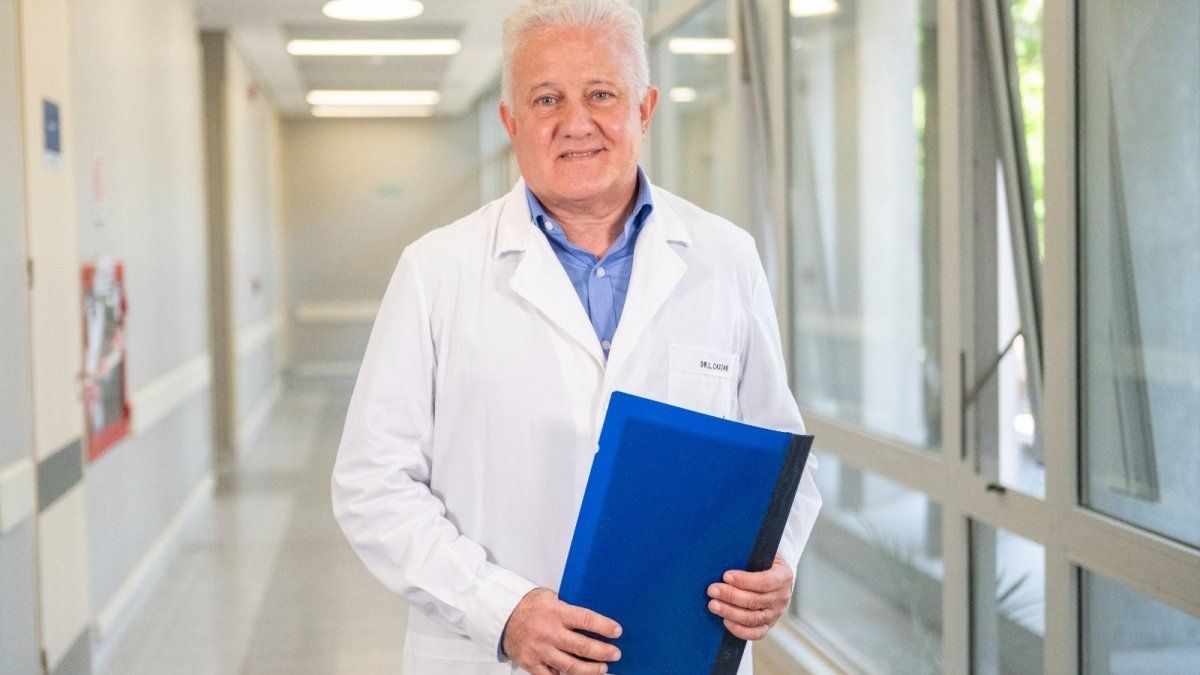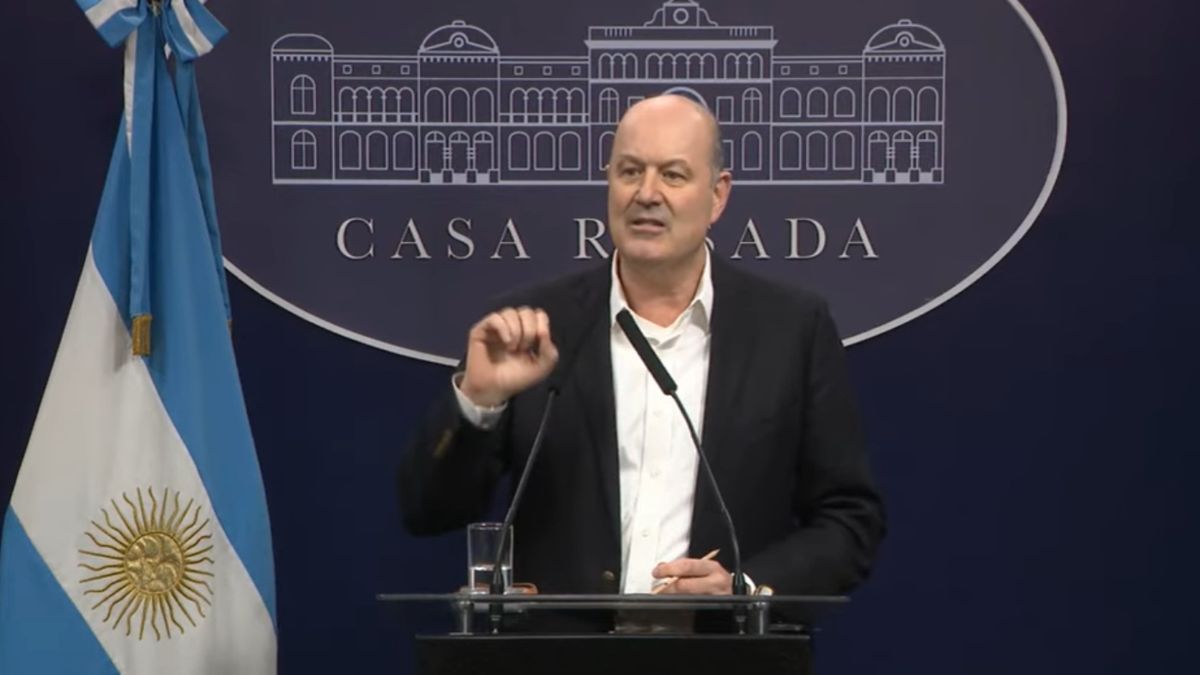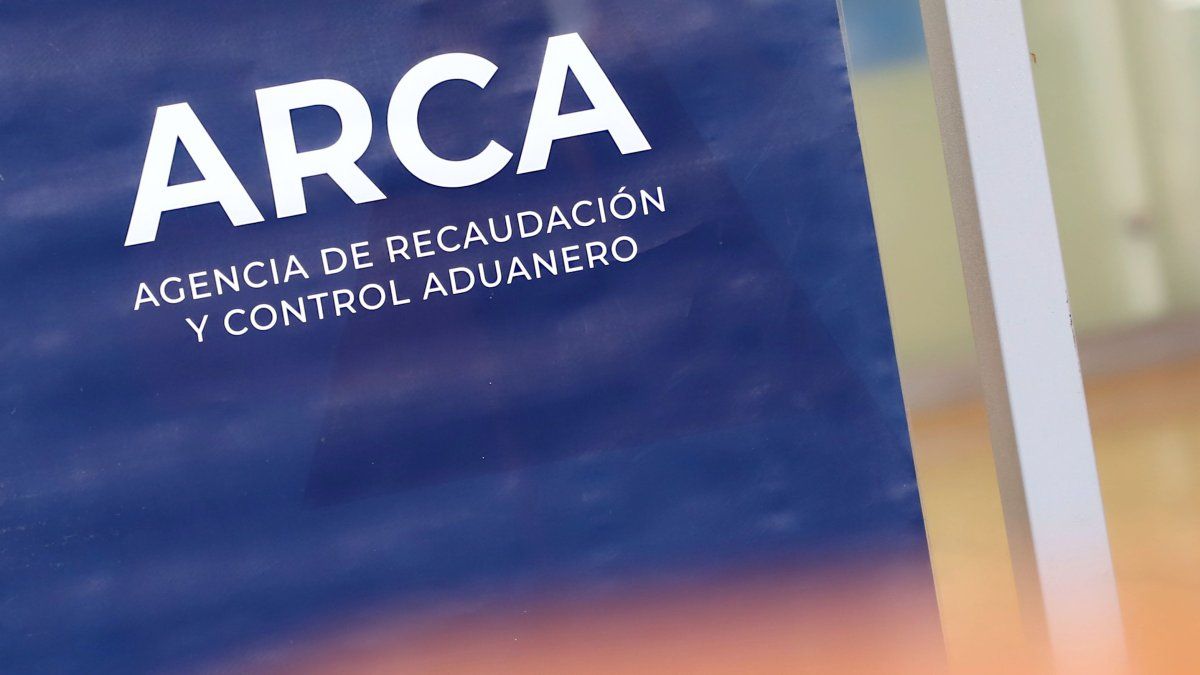He National Institute of Social Services for Retirees and Pensioners (PAMI) highlighted the importance of prevention in International Day to Fight Breast Canceras well as early detection of the disease as fundamental strategies to save lives.
This Saturday, October 19, a new edition will be held, with the aim of raising awareness and promoting more and more women access to timely and effective controls, diagnoses and treatments.
Breast cancer is a disease that occurs when some cells in the breast tissue begin to grow abnormally and uncontrollably. It is the most common type of cancer among women: one in eight will develop it throughout their lives.
With regard to Argentina, more than 22,000 cases of breast cancer per year. Of ten cases detected early, nine are curable, which is why the organization highlighted the vitality of prevention: ”It is essential to carry out periodic medical consultations, control examinations (ultrasound, mammography or magnetic resonance imaging, as indicated) and practice breast self-examination. This procedure is complementary and helps women know their body and detect anomalies in time.”
In addition, PAMI highlighted that members can access breast examinations in a very simple way: ”They only need an electronic medical order issued by a family doctor or specialist doctor and select the diagnostic imaging center within the booklet. medical (www.pami.org.ar/cartilla). Afterwards, they must request an appointment and appear at the chosen center with their ID and PAMI credential.” For more information: www.pami.org.ar/cancer-de-mama.
Available Treatments
The risk factors for breast cancer include a combination of genetic, environmental and personal elements. Although most of the detected cases occur in women over 50 years of age, a personal or family history of breast cancer and previous treatments with radiotherapy before the age of 30 are factors that increase the risk, as well as a reproductive history. early or late and have dense breasts.
In turn, stay physically active and avoid excessive alcohol consumption can help avoid the disease, as much as a healthy enough eatingaccording to expert doctors.
Breast cancer treatment depends on the cancer subtype and the degree of spread from the breast to the lymph nodes (stages II or III) or other parts of the body (stage IV). To reduce the chances of the cancer coming back (recurrence), doctors combine treatments that may include:
- Surgery to remove the breast tumor
- Radiotherapy to reduce the risk of recurrence in the breast and surrounding tissues
- Medicines to kill cancer cells and prevent their spread, particularly hormone treatments, chemotherapy, or specific treatments with biologics
Breast cancer treatments are more effective and better tolerated if started as soon as possible and are taken until the scheme is completed.
The surgery It allows removing only the cancerous tissue (lumpectomy or partial mastectomy) or the entire breast (total mastectomy). With this, lymph nodes can also be removed to evaluate the tumor’s ability to spread.
With the radiotherapy Residual microscopic tumors that remain in the breast tissue or lymph nodes are treated, thereby reducing the chance of a recurrence affecting the chest wall.
In cases of advanced cancer, the tumor can erode the skin and cause open sores (ulcers) that are not necessarily painful. Women with breast wounds that do not heal should seek medical attention for a biopsy.
The medications to treat breast cancer are selected based on the biological properties of the cancer, which are determined by special tests (determination of tumor markers). The vast majority of drugs used against cancer already appear on the WHO Model List of Essential Medications.
Source: Ambito
I am an author and journalist who has worked in the entertainment industry for over a decade. I currently work as a news editor at a major news website, and my focus is on covering the latest trends in entertainment. I also write occasional pieces for other outlets, and have authored two books about the entertainment industry.




